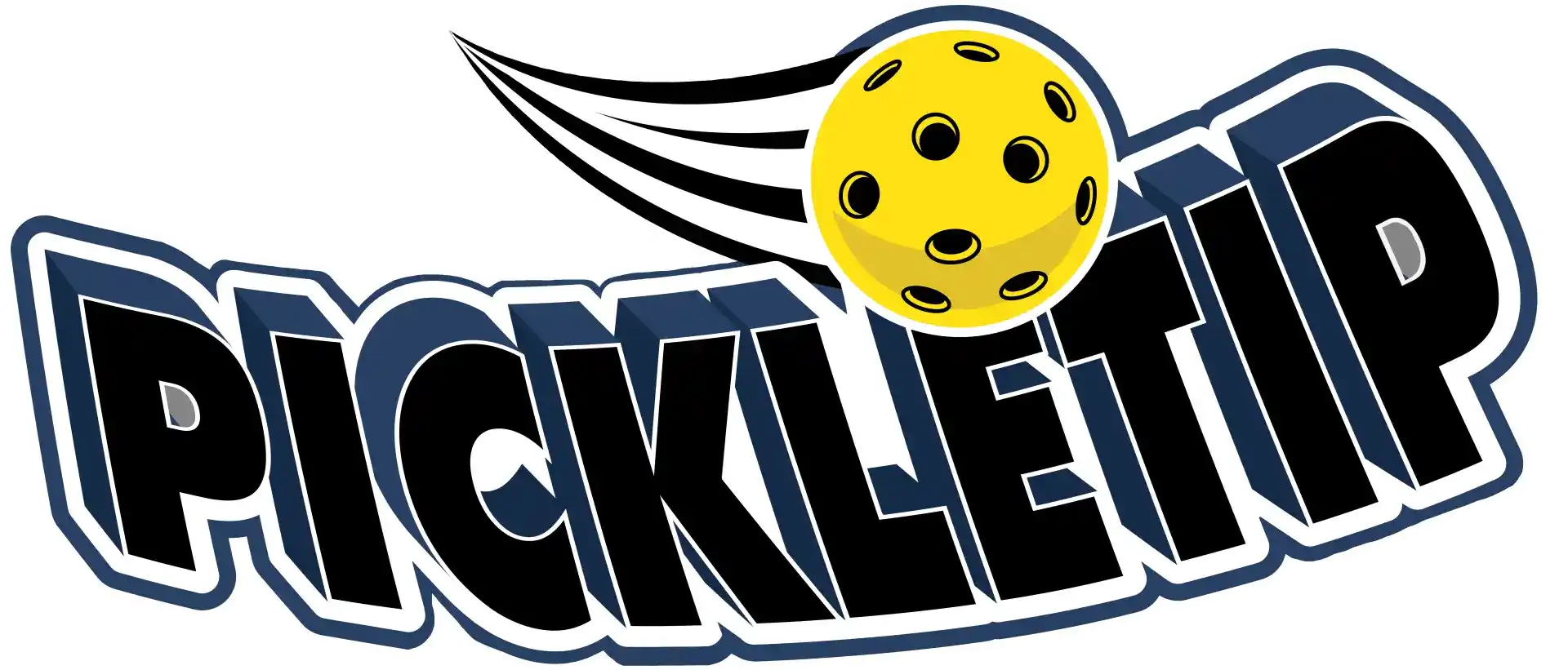The Intriguing History of Pickleball
The Fascinating History of Pickleball: A Game for All Ages
From Whimsical Beginnings to a Worldwide Phenomenon
Pickleball, a unique and engaging sport, has experienced tremendous growth over the past five decades. It all started in the summer of 1965 on Bainbridge Island, Washington. The game was born from the creative minds of three friends—Joel Pritchard, Bill Bell, and Barney McCallum—who sought to create a fun, accessible activity that their families could enjoy together.
The group initially combined elements of tennis, badminton, and ping-pong on a badminton-sized court. They fashioned their first paddles out of plywood and used a perforated plastic ball. As the game evolved, they implemented a unique scoring system and formalized the rules.
Pickleball’s name has a curious origin. Some believe it was named after Pritchard’s dog, Pickles, who would chase after the ball during play. Others argue that the name comes from the term “pickle boat,” which refers to a crew boat with a mixed team of rowers.
Expanding Horizons: The Emergence of Pickleball in the United States
Pickleball began to grow in popularity in the 1970s, with the first known tournament held in 1976 in Tukwila, Washington. By the 1980s, the game had spread across the United States, with enthusiasts building courts in schools, recreation centers, and private homes. The first official pickleball rulebook was published in 1984, which helped standardize the sport and encourage further expansion.
In 1984, the USA Pickleball Association (USAPA) was formed to oversee the sport’s growth, maintain official rules, and promote the game. The first USAPA National Pickleball Tournament took place in 2009, and by 2010, the sport was being played in all 50 states.
Breaking Boundaries: The International Growth of Pickleball
Pickleball’s popularity has transcended borders, with enthusiasts from around the world embracing the sport. The game reached Canada in the 1990s, and by the early 2000s, countries such as Spain, India, and the United Kingdom had established their own pickleball communities.
The International Federation of Pickleball (IFP) was founded in 2010 to unite the global pickleball community and facilitate international tournaments. The first IFP Bainbridge Cup took place in 2017, pitting Team North America against Team Europe in a transatlantic competition.
Into the Future: The Continuing Evolution of Pickleball
As pickleball continues to gain traction worldwide, the sport has seen numerous innovations, including advancements in paddle technology, ball design, and court surfaces. The game has also witnessed the rise of professional players, with an increasing number of high-level tournaments offering cash prizes.
Furthermore, the sport’s inclusivity and accessibility have made it popular among seniors and people with disabilities, fostering a diverse community of players. With its ever-expanding reach and enduring appeal, pickleball’s future looks brighter than ever.
From its humble beginnings on Bainbridge Island to its current status as a global phenomenon, the history of pickleball is a testament to the sport’s universal appeal and adaptability. The game’s rapid growth has attracted players from all walks of life, transcending age, skill level, and geographical boundaries.
Championing Pickleball Education and Awareness
As the sport has expanded, numerous organizations have emerged to support its development and raise awareness. These include the Pickleball Channel, which offers instructional videos and highlights from professional tournaments, and the Pickleball Hall of Fame, which was established in 2017 to honor the pioneers and legends of the game.
Educational programs such as the Ambassadors Program, managed by the USAPA, help promote pickleball at the grassroots level. These ambassadors are volunteers who work within their communities to introduce the sport to new players, advocate for the construction of courts, and organize local events and tournaments.
A Sport for the Modern Age: Pickleball’s Social Impact
One of the most compelling aspects of pickleball’s history is its ability to bring people together. The sport’s social nature has fostered camaraderie among players and contributed to the formation of clubs and leagues. These communities provide a supportive environment for individuals to stay active, make friends, and engage in friendly competition.
Pickleball has also had a positive impact on mental health, as the sport offers an opportunity for stress relief and social interaction. Players often report improved mood, reduced anxiety, and an enhanced sense of well-being after participating in the game.
Paving the Way for Future Generations
As pickleball continues to capture the hearts of players worldwide, efforts are being made to introduce the sport to younger generations. Schools and youth programs have started incorporating pickleball into their curriculums, exposing children and teens to the sport at an early age. By nurturing a love for the game among young people, the pickleball community is helping to ensure the sport’s future growth and longevity.
In conclusion, the history of pickleball is a rich and vibrant story, filled with innovation, inclusivity, and a deep sense of community. From its inception on a small island in Washington to its current status as an international sensation, pickleball has left an indelible mark on the world of sports. As the game continues to evolve and attract new players, there is no doubt that its impact will be felt for generations to come.
Quick answers to Pickleball Histroy Questions
Q: Who invented pickleball?
A: Pickleball was invented by Joel Pritchard, Bill Bell, and Barney McCallum in 1965.
Q: Where was pickleball invented?
A: Pickleball was invented on Bainbridge Island, Washington, USA.
Q: How did pickleball get its name?
A: Pickleball got its name from Joel Pritchard’s wife, Joan Pritchard, who compared the game to a “pickle boat,” which is a term used in rowing where a crew is composed of leftover oarsmen from other boats.
Q: When was the first pickleball tournament held?
A: The first pickleball tournament was held in 1976 at South Center Athletic Club in Tukwila, Washington.
Q: What is the USAPA?
A: The USAPA (USA Pickleball Association) is the governing body for pickleball in the United States. It was founded in 1984 by Sid Williams.
Q: When were the first official pickleball rules established?
A: The first official pickleball rules were established in 1984 by the USAPA.
Q: When was pickleball introduced to schools?
A: Pickleball was introduced to schools in the 1970s, primarily in the United States.
Q: When did pickleball go international?
A: Pickleball began spreading internationally in the late 1990s and early 2000s.
Q: When was the first professional pickleball tournament held?
A: The first professional pickleball tournament, the Tournament of Champions, was held in 2012.
Q: How many countries play pickleball today?
A: As of 2021, pickleball is played in over 60 countries around the world.








3 Comments